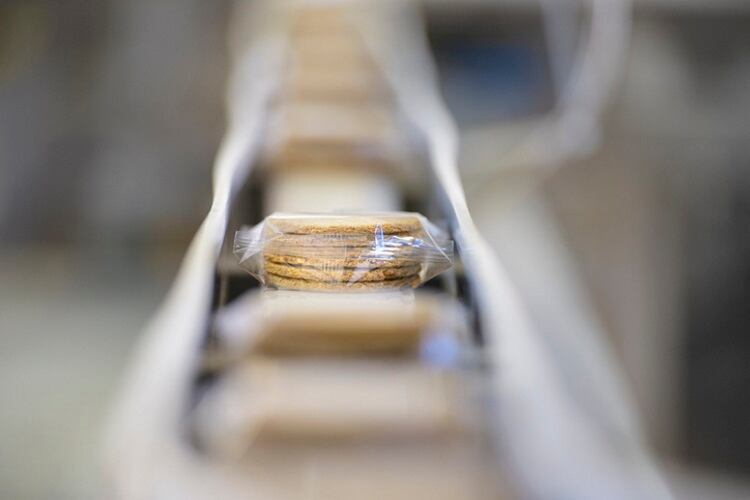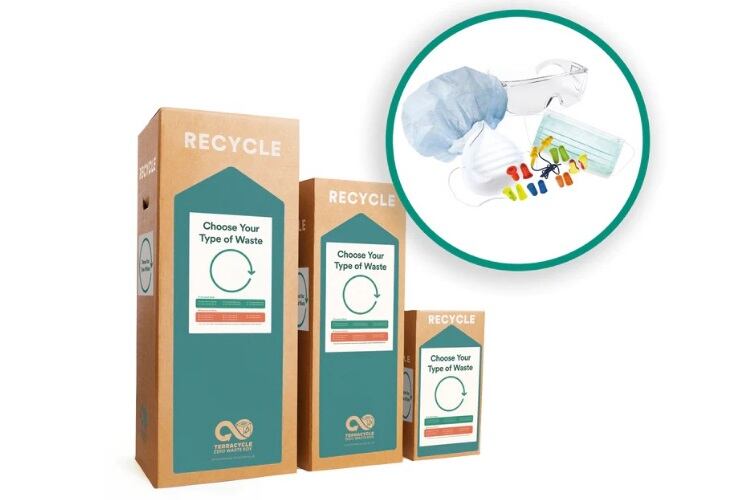What you need to know about EPR
If you are a brand owner, you need to know about the upcoming EPR regulations in the UK.
EPR is designed to encourage producers to design packaging that is easy to recycle by ensuring they pay all the environmental costs association with a product throughout its lifecycle. The cost of collecting, reprocessing and recycling food packaging waste will be shifted from consumers onto producers themselves.
This is a significant change from the current system, which only covers the recycling of packaging waste, and according to government estimates, is predicted to cost the F&B industry £1.7bn, as it shoulders the economic burden of sustainability.
Under EPR, producers also can be charged for offences relating to regulated facilities, including waste operations, water discharge activities and flood risk activities, and will impact brand owners, importers, distributors/wholesalers, online marketplaces and service providers in England, Scotland, Wales, Northern Ireland and even exported goods.
In addition, companies who supply people who remove the packaging from goods (end users) will have a new obligation to register and report the amount of packaging placed on the market.
The new EPR legislation was due to come into effect in 2023, but purportedly still thrashing out what the modulation fees will look like, DEFRA (the UK’s Department for Environment, Food & Rural Affairs) has delayed this until 2024.
While EPR has been welcomed by the industry – particularly as climate crisis nears boiling point.
UK environment watchdog Waste & Resources Action Programme (WRAP) has welcomed the reform.
“The new extended producer responsibility scheme places the responsibility for the cost of disposal of core packaging items onto the producers – a much-needed shift that the whole packaging supply chain has been calling for,” said a WRAP spokesperson.
“EPR will be a powerful incentive to both encourage more eco-design into packaging and kickstart recycling rates; both of which are especially pivotal to tackling plastic pollution and are aligned with the targets of The UK Plastics Pact.”
Ecoveritas has, however, cautioned that the deferment could put the plan at risk, adding any further delays could topple the ambitious timetable, especially as it adds an additional burden on producers.
Waste and recycling revolution
According to Wakefield-based consultancy, while the need for better understanding, identification and management of waste is crucial to improve recycling rates, the gathering of data from different parts of the value chain creates a data burden. Businesses of all different shapes and sizes will have brand new, complex obligations to meet.
“It is effectively a second waste and recycling revolution,” said Josh Remi, Ecoveritas’ commercial manager.
“And we are on the cusp of revolutionary changes. Yet the government continues to take the blasé approach to another level.
“What businesses need right now is detailed guidance. Keep in mind that some businesses don’t even know obligations are coming. They need time to set up effective IT and reporting systems, so they are well prepared for the heavy data requirements when the legislation begins.
“We need more robust data-collection and tracking methods to provide a full end-to-end picture of how waste is collected, transferred, processed and reused, and to identify areas of improvement in the processing and recycling of waste. This generates a huge data burden for entire supply chains.
“Although the original start date of EPR has been pushed back a year to 2024, we must not be fooled into thinking that this gives us plenty of time – keep in mind that reporting will need to cover packaging placed on the market from January to December 2023. There is a huge amount to do on a relatively short time scale – the new system will require so much more data than businesses are accustomed to collecting under the current system.
“Producers and packaging manufacturers are moving into a more challenging world – and arguably they should, if they are to truly reduce the environmental impact of their packaging.”
Hitting the right balance
This complex cocktail of policy initiatives aims to hit the right balance between encouraging best practices without unduly impacting consumers and the most forward-looking brands and packaging companies are already factoring modulated EPR fees into their business decision-making. But, said Ecoveritas, the packaged goods value chain still has much work to do.
Eco-modulation will affect producer payments in 2025 based on 2024 sales, with different penalties or bonuses to be set for different categories of material.
Remi added, “The waste and recycling revolution is clearly also a digital revolution as businesses focus on real-time data reporting.”
Thankfully, producers are not alone. With strong knowledge and experience of the global packaging industry and in support of a more robust circular economy, Ecoveritas provides a range of tools to brands and retailers to efficiently minimise the environmental impact and maximise the effectiveness of their packaging.
“2022 brings the next stage in Ecoveritas’ evolution and transition to a data-driven software model, all while innovating and creating customer value in new and adjacent areas, as well as deepening our investment and commitment to our partners. Our strong culture of innovation and integrity is key to the next decade.”





